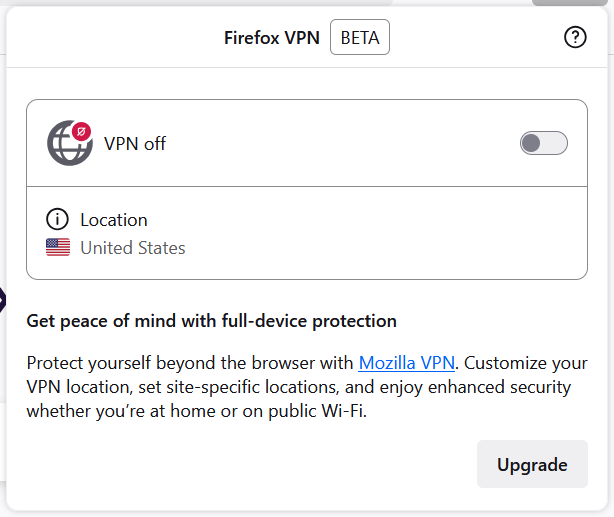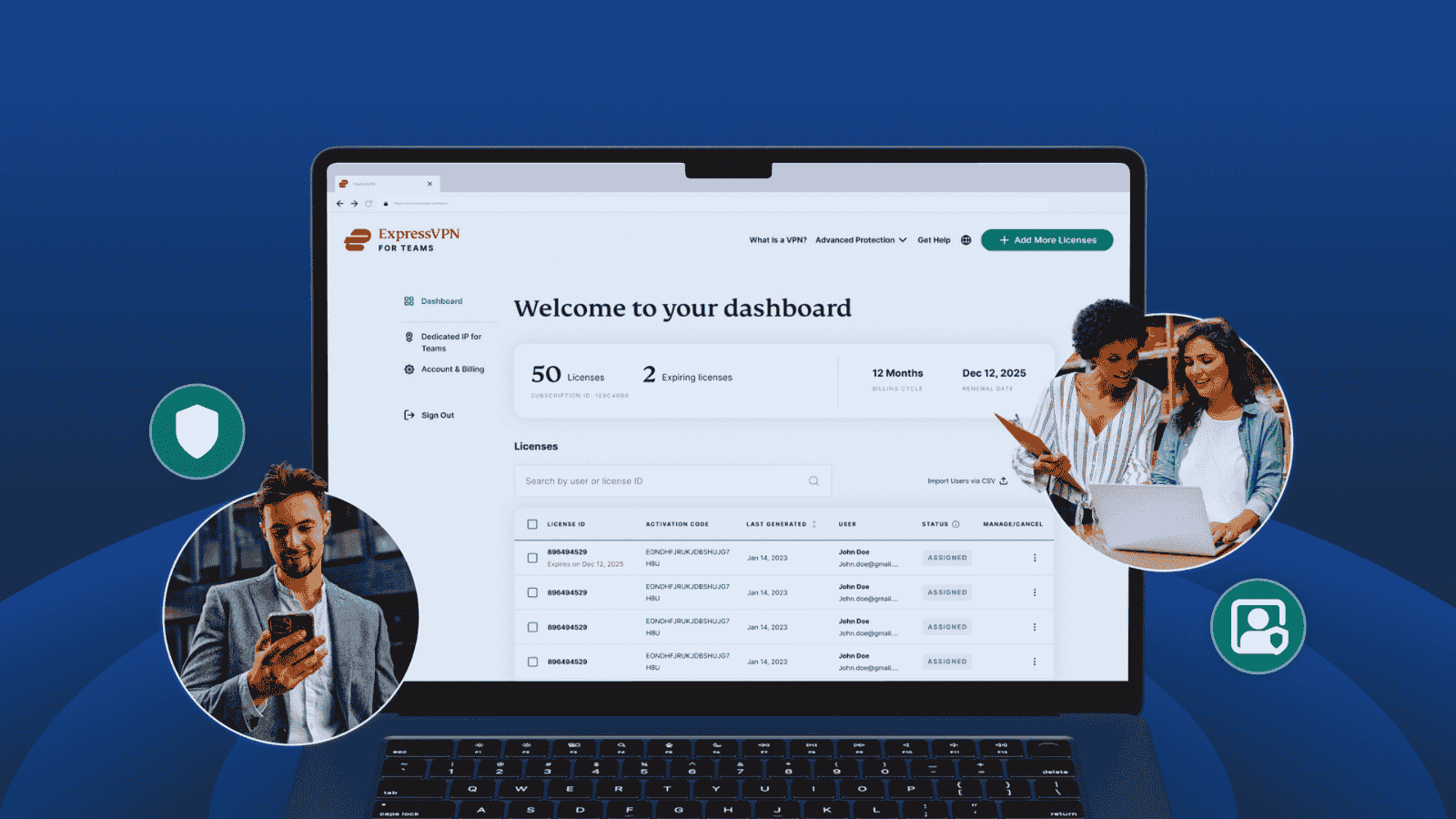
Mozilla Is Recruiting Beta Testers for Its Free Built-In Firefox VPN
- Beta rollout: Mozilla will randomly select users to test the free, built-in Firefox VPN in the coming months.
- Feature details: Browser-only VPN hides IPs, encrypts traffic, and differs from paid Mozilla VPN.
- Privacy policy: Minimal logs are kept for three months; no browsing data or content is tracked, Mozilla says.
Mozilla is preparing to launch a built-in VPN for Firefox, and the company is inviting a limited number of users to help test it before a wider release.
According to a post on Mozilla Connect, the company’s idea-sharing platform, the Firefox VPN is still in early development. Selected beta testers will be chosen randomly “over the next few months” as the team experiments with performance, user experience, and stability.
A Free, Browser-Only VPN
Mozilla describes the feature as a simple, integrated VPN that will appear next to the Firefox search bar. It will route web traffic through a Mozilla-managed VPN server, hiding users’ IP addresses and encrypting their communications.
The project differs from the existing Mozilla VPN, which is a paid service that covers up to five devices. Firefox VPN, by contrast, will be free to use but limited to the browser itself.
A Mozilla product team member explained:
Initially, the feature will be available only on desktop browsers, though Mozilla confirmed that mobile support is on the roadmap.
How the Beta Test Will Work
The small group of Firefox users chosen for the beta will need a Mozilla account to participate. The VPN will automatically connect to the location that offers the best performance, for example, U.S. users will default to U.S. servers.
That means there won’t be an option to switch to foreign servers for accessing region-locked content like Netflix libraries, at least during early testing. Mozilla has not yet confirmed whether manual location selection will be added later.
Participants can easily opt out of the test by selecting “no thanks” when prompted or by removing the VPN icon from the toolbar. It can be re-enabled anytime through Firefox’s Add-ons and Themes menu.
Privacy and Data Handling
Mozilla says it will only collect minimal technical data to maintain reliability and performance. Logs linked to a user’s account will be deleted after three months.
“For example, we may log whether a connection succeeded or failed, or record that your account used 2 GB of data on a certain day,” the company said in its knowledgebase. “Firefox VPN never logs the websites you visit or the content of your communications.”
Aggregate bandwidth statistics will be retained for analytical purposes, but these will not be traceable to individual users.
VPNs Back in the Spotlight
VPN usage has been under scrutiny recently, especially in the UK, where demand spiked following the Online Safety Act’s introduction of mandatory age assurance checks.
While the UK government maintains that VPNs for adults won’t be banned, children’s commissioner Rachel de Souza has suggested that restricting VPN use for minors could help enforce the new law.
VPNs are commonly used to bypass geo-restrictions on streaming platforms and live events. Regulators such as Ofcom have instructed major platforms to take action against VPN-based circumvention, with some, including Reddit and YouTube, already blocking VPN traffic.
Mozilla has not announced a final release date for Firefox VPN, but the ongoing beta suggests that users could expect a broader rollout sometime in 2026.













